Emergency funds and why you should have one. We’ve all experienced unexpected financial emergencies from time to time, covid 19, an unforeseen medical expense, a busted appliance or an income deficit of some kind. Big or minute, these unwanted expenses often come at the worse possible time, when least expected.
Putting together a savings or emergency fund is one vital way to arm yourself, and it’s the beginning of getting an emergency fund underway. By putting money aside even a minuscule portion of one’s income for these unforeseen emergencies, you’re able to bounce back without too much financial damage and return to your financial goals when the storm hits.
What Are Emergency Funds and why you should have one?
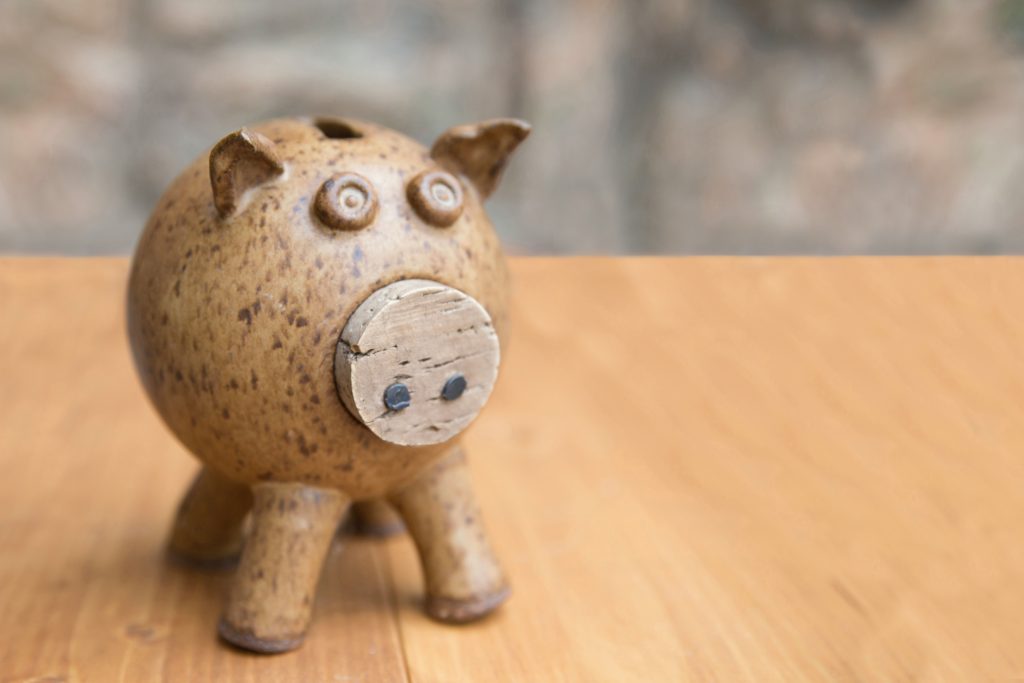
An emergency fund is a readily available source of assets to help people navigate financial dilemmas.
The primary motivation of an emergency fund is to upgrade one’s financial blueprint by producing or building a safety net of cash or liquid assets. An emergency fund also designed to decrease the need to resort to using credit cards in a time of financial need and or crisis. Also having to tap into one’s retirement fund is another reason to set up an emergency fund.
Having to resort to using a credit card has a devastating effect as well. individuals who struggle to recover from a financial crisis have less savings to help protect against a future emergency. They may rely on credit cards or loans, which can lead to debt that’s generally harder to pay off. They may also pull from other savings, like retirement funds, to cover these costs.
Emergency funds and why do I need one?
Without savings, a financial shock even minor could set you back, and if it turns into debt, it can potentially have a lasting impact on your financial blueprint. The absence of an emergency fund could set you back if you were in a position to purchase a big ticket item like an investment of some sort or purchasing a home.
How much do I need in the emergency funds?
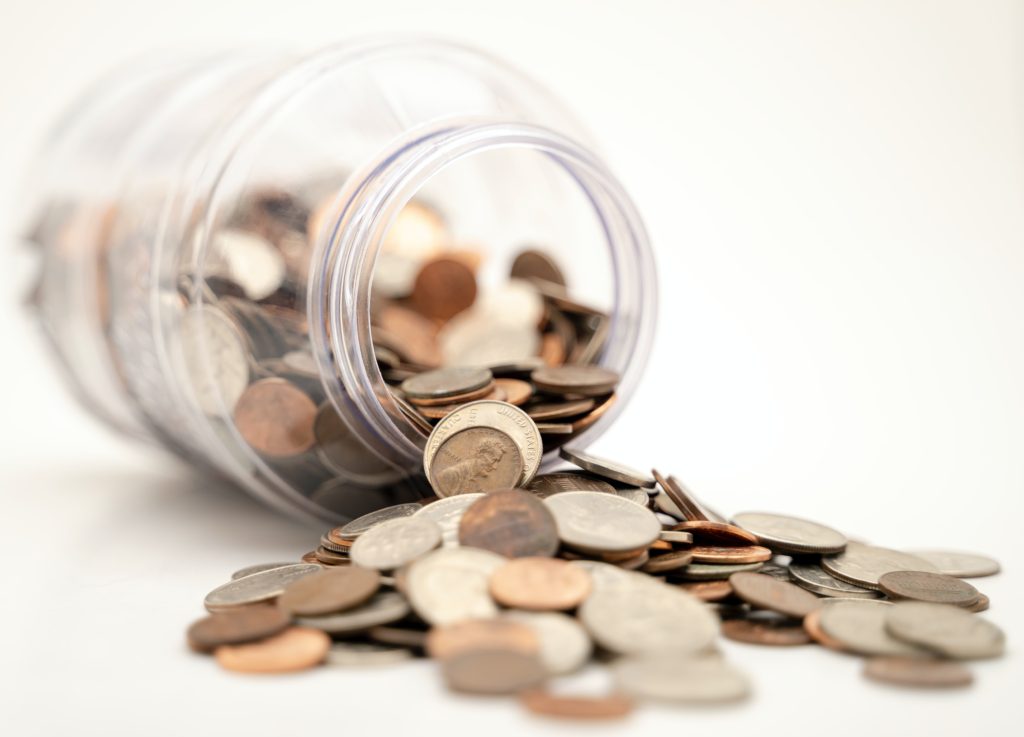
The amount you need to have in an emergency savings fund depends on your financial situation. Think about the most common kind of unexpected expenses you’ve had in the past and how much they cost. This may help you set a goal for how much you may want to set aside.
If you’re living paycheck to paycheck or don’t get paid the same amount each week or month, putting any money aside can feel difficult. But, even a small amount can provide some financial security. Something is better than nothing.
While a person’s emergency fund will vary from situation to situation, most financial experts agree that an emergency fund should hold between three to eight months of monthly expenses.
Starting a small emergency fund of around $500 to $1,500 is the first step to building an emergency fund. This smaller goal is much easier to obtain and allows you to feel accomplished once you reach this awesome milestone in your finances.
Once you establish the small emergency fund, you can handle life’s small emergencies without going back into debt. This allows you to focus on gaining the momentum needed when it comes to saving money rather than going back to focusing on paying off debt incurred by small emergencies.
Why do you need emergency funds?
So now that you understand what an emergency fund is, you may be thinking that they’re great for other people but you don’t really need one right now.
You may think your job is secure or you’re in a high demand field in which you could quickly find a new job. You may think using a credit card is a good enough emergency fund or any thought process you come up with as to why you don’t need an emergency fund right now.
Unfortunately, everyone will likely face at least a few financial emergencies in their life.
What is an emergency?
Now that you understand that an emergency fund is a necessary financial tool, you need to determine what is and what isn’t a financial emergency.
Financial emergencies are unexpected major expenses that require you to use money immediately. In order to be an emergency, these expenses must be related to safe keeping your financial future, your health or your assets.
When should I use the emergency funds?
Set some guidelines for yourself on what constitutes an emergency or unplanned expense. Not every unexpected expense is a dire emergency but try to stay consistent. Even if it’s not a trip to the emergency room, you may need it to pay for a medical bill that wasn’t covered by insurance.
Having a reserve fund for financial upsets can help you avoid relying on other forms of credit or loans that can turn into debt. If you use a credit card or take out a loan to pay for these expenses, your one-time emergency expense may grow significantly larger than your original bill because of interest and fees.
However, don’t be afraid to use it if you need it. If you spend down what’s in your emergency savings, just work to build it up again. Practicing your savings skills over time will make this easier.
Here are a few examples of true financial emergencies where it would make sense to use your emergency fund.
- Job loss
- Unexpected medical expenses to maintain your health
- Sudden unexpected car breakdown or accident
- Sudden unexpected problem within the home that can not wait
- A family emergency that needs your prompt attention
- A loved one with a medical emergency
What isn’t an emergency?
While emergency funds are there to help you pay for emergencies, sometimes people stretch the idea of what an emergency is to access the cash they have put away.
Here are some examples of expenses that would not justify breaking into your emergency fund.
- Elective surgery of some sort
- A great deal on a cruise vacation
- A last-minute request for you to fly to a destination wedding
- Home improvements that are not necessary right at the moment.
- Upgrading your vehicle (this should be budgeted, not an emergency)
- The purchase of electronics you have been wanting
How do I get the emergency fund going?
There are different strategies to get your savings started. These strategies cover a range of situations, including if you have a limited ability to save or if your pay tends to fluctuate. managing your cash flow or putting away a portion of your tax refund are the easiest ways to get started.
Keep the change
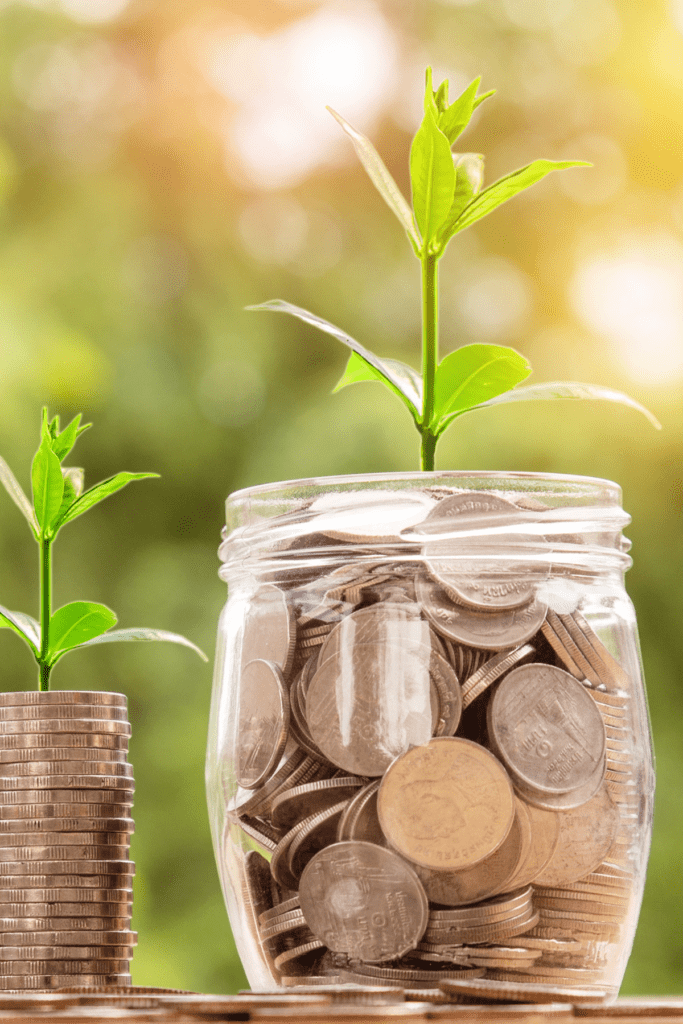
When you get $1 and $5 bills after breaking a $20, drop some in a jar at home. When the jar fills up, move it into your savings account. If you don’t carry cash, you could try a mobile savings app that makes automatic transfers, with rules that are based on the transactions you make.
Cut your expenses
First, you can cut your expenses and save the money you cut out of your budget. Easy wins to help you save include cutting back on the number of times you eat out each month, and other recurring monthly bills as well as temporarily cutting back on entertainment and other luxury expenses until your emergency fund reaches a healthy balance.
My post on financial uncertainty has some good tips worth looking at about how to save in uncertain times.
Sell things you no longer use

Sell what you have around the house that you no longer use. You can sell items locally on Craigslist or Facebook Marketplace or you could sell things online through eBay.
Make more money
One of the best ways to grow your emergency fund is to GROW your income. You could start a side hustle, pick up a part-time job or work overtime. If you save all of the extra money in your emergency fund, except for any money you set aside to pay for taxes on the additional income, your emergency fund should grow quickly.
Take advantage of one-time opportunities to save
There may also be certain times during the year when you get an influx of money. For many Americans, a tax refund can be one of the largest checks they receive all year. There may be other times of the year, like a holiday or birthday, that you receive a cash gift.
While it’s tempting to spend it, saving all or a portion of that income could help you quickly set up your emergency fund.
Create a savings habit
Building a savings of any size is easier when you’re able to consistently put money away. It’s one of the fastest ways to see it grow. If you’re not in a regular practice of saving, there are a few key principles to creating and sticking to a savings habit:
Set a goal. Having a specific goal can help you stay motivated. Establishing your emergency fund may be that achievable goal that helps you stay on track, especially when you’re initially getting started.
Regularly monitor your progress. Find a way to regularly check your savings. Whether it’s an automatic notification of your account balance or writing down a running total of your contributions, finding a way to watch your progress can offer gratification and encouragement to keep going.
Saving unconsciously is one of the easiest ways to make your savings consistent so that you start to see it build over time. One common way to do this is to set up recurring transfers through your bank or credit union so money is moved automatically from your checking account to your savings account. Online banking checking accounts are popular and they help you save also. Simple and Chime are two to name a few. Check them out.
Where should I keep the emergency funds?
Where you put your emergency fund depends on your situation. You want to make sure the funds are safe, accessible and in a place where you’re not tempted to spend it on non emergencies.
Here are a few options for where to put your emergency savings, and you can choose the one that makes the most sense for you.
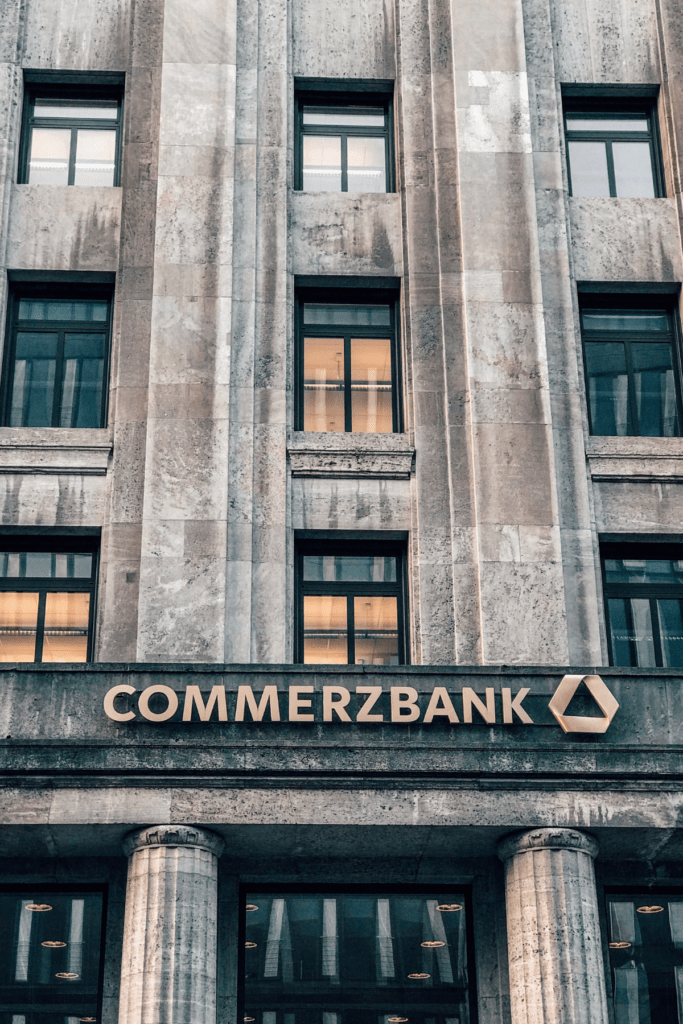
Bank or Credit Union: If you have an account with a bank or credit union is generally considered one of the safest places to put your money it might make sense to have a dedicated account where you can keep and maintain these funds.
Prepaid card: A prepaid card is a card that you can load money onto. It’s not connected with a bank or credit union, and you can only spend the amount that’s on your card.
A high-yield savings account is a good place for your money also. It is federally insured up to $250,000, so it’s safe. The money earns interest, and you can access your cash quickly when needed, whether through withdrawal or funds transfer.
A savings account with a high interest rate and easy access. Because an emergency can strike at any time, having quick access is crucial. The account should be separate from a bank account you use daily. So that you’re not tempted to dip into your reserves.
If you don’t have an emergency fund, you need to start building one today. What better time to start than now.
Be blessed…stay safe

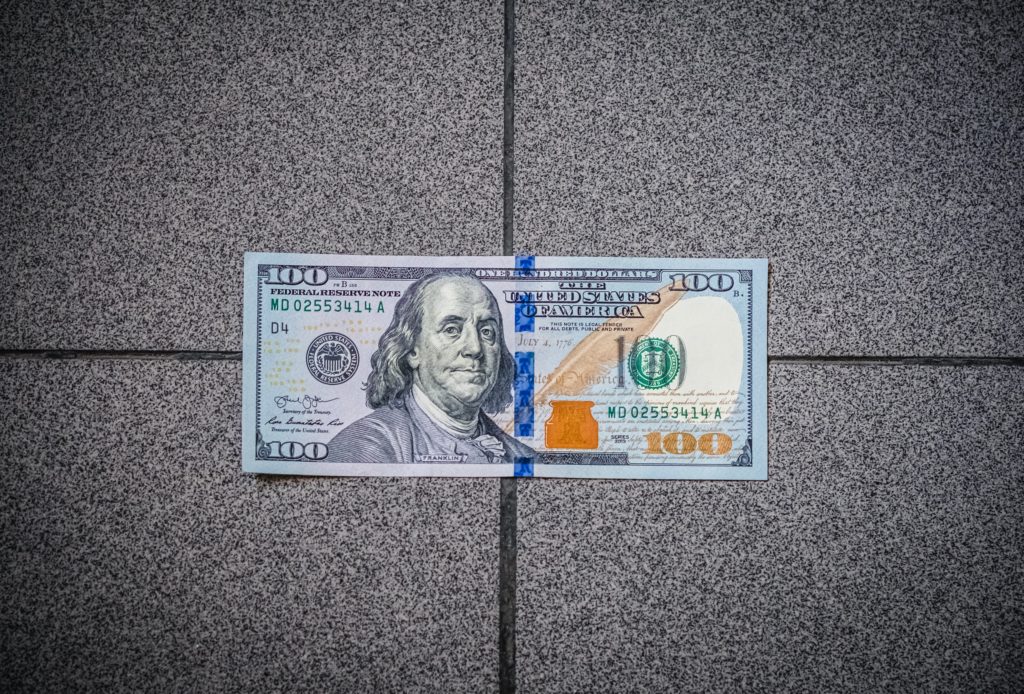
Great post! I especially like the ideas about how to save. It’s important to think long term with money rather than short term. Thanks for writing this!
Hey Alex…You are absolutely right! Long term is the key! We are so accustomed to instant gratification…thanks for your feedback!